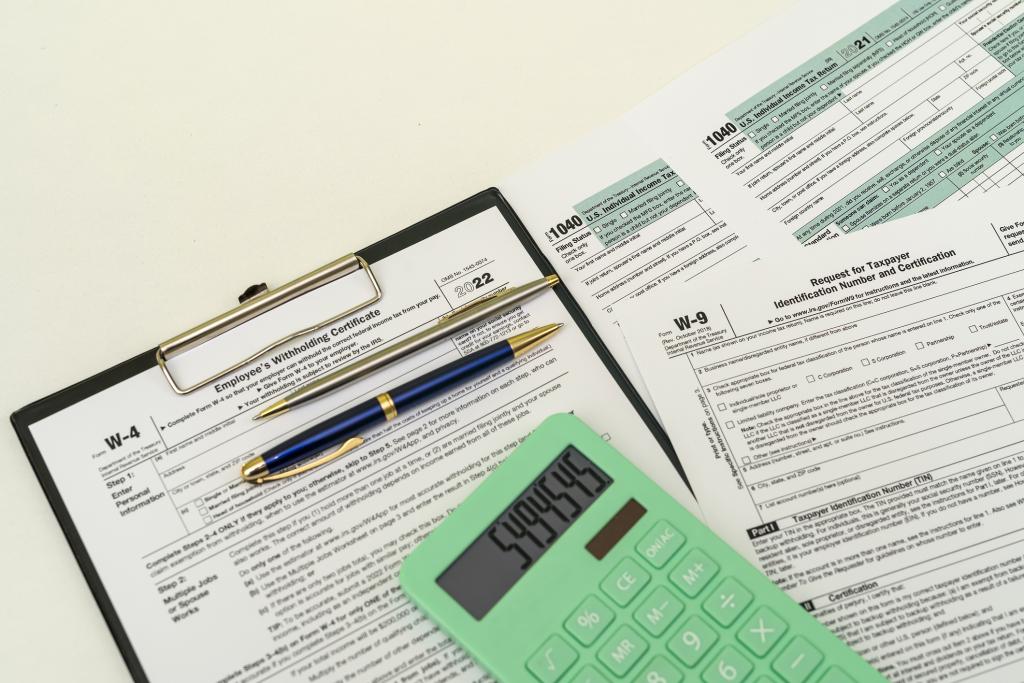
During financial proceedings you will hear reference to a number of different forms. This article provides an overview of the key forms and what they mean. Some forms are generated by the court, others are completed by your solicitors with your input.
Form A – Notice of an Application for a Financial Order
A Form A refers to a notice of an application for a financial order. A Form A is used when a party to divorce proceedings applies for a financial order. Once issued, this form triggers financial proceedings and the court fix a timetable for the proceedings to follow.
Financial settlement can be reached outside of financial proceedings. It is best to seek legal advice at the outset to discuss your options and decide whether court proceedings should be commenced.
Form C – Notice of a First Appointment
Once the Form A has been issued indicating the start of financial proceedings, the parties will receive a Notice of a First Appointment (Form C). This form sets out details of the First Appointment hearing, being the first hearing in the financial proceedings process. Included in this form will be details of hearing including the date, time and location, as well as the various deadlines that the parties will need to meet in the run up to this hearing.
Form E – Financial Statement
Included within the Form C will be provision for the parties to complete a Form E. The purpose of completing a Form E is to provide a framework for both parties provide complete disclosure of their financial information to the other party. The Form E covers all relevant aspects of a person’s financial circumstances, including:
- Property information
- Bank accounts and investments
- Life insurance policies
- Personal belongings of significant value
- Business assets and directorships
- Pensions
- Income
The Form E also asks about your current and estimated future income needs.
When completing the Form E, you will be asked by your solicitor to provide supporting documentation including bank statements and pay slips.
Once complete, and in line with the timetable provided for in the Form C, there will be an exchange of Forms E.
Where the parties are not in financial proceedings, you may be asked to complete a Form E on a voluntary basis. The same form is used; however, it is not completed in accordance with a court timetable as it would be in the context of proceedings.
When completing the Form E, it is important to seek advice from your solicitor as not all sections are relevant to everyone, and your solicitor can guide you through the process.
Form H – Statement of costs
Ahead of each hearing during financial proceedings, your solicitor will complete a Form H which sets out the costs you have incurred during financial proceedings, and an estimate of costs to be incurred if the matter does not settle at the upcoming hearing.
You solicitor will discuss the contents of the Form H with you and keep you updated on costs incurred with regular updates.
If you are going through financial settlement either via proceedings or outside of the court process, it is advisable to seek independent legal advice. Please enquire today to speak with one of our specialist Family solicitors.
If you require any further advice regarding financial proceedings please feel free to contact our Family Law team and we would be happy to help.
